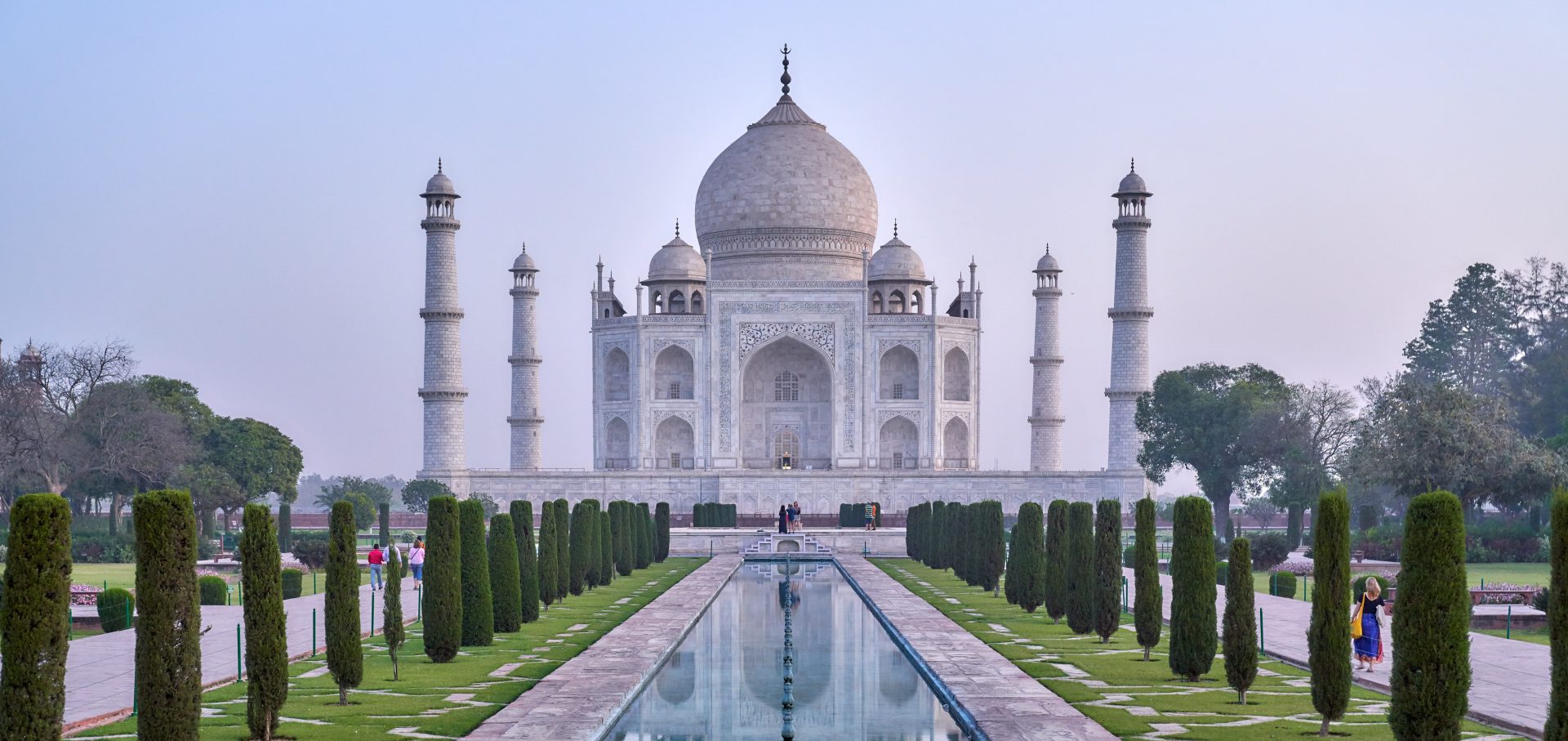
Startup Ecosystem Report: India
This report compares the experience of seven Indian cities – Mumbai, Chennai, Bengaluru, Jaipur, Pune, Hyderabad, and Delhi – to 27 global cities in Asia, Africa, the Middle East, Latin America, and Germany.
The report focuses on the Startup Friendliness Index (SFI), and four other survey questions specific to female entrepreneurship for the Indian cities and Berlin, Germany. SFI scores are determined by examining 80 indicators in six domains: Human Capital, access to Finance, the liveliness of the Startup Scene, Infrastructure quality, Macro framework (describing the political and legal system), and Market conditions (such as trade balance and economic growth). Cities with relatively even scores across domains receive a higher overall score than a city with strong performance in one area, and weak performance in another. SFI scores range from 0 to 100, with a score of 0 for the city with the weakest performance, to 100 for the strongest.
Bengaluru’s startup ecosystem is the most mature of the seven Indian cities studied with a score of 47,13 out of 100, and is the fourth strongest of 35 global SFI cities. Its relative strengths are ease of access to finance, a lively startup scene with many new enterprises and considerable resources, low crime, and developed infrastructure – though urban mobility needs improvement. No domain in the city is particularly challenging, meaning that entrepreneurs do not face major obstacles that impede their ability to succeed.
Mumbai has the second strongest startup ecosystem overall of the studied Indian cities. Scoring 44,07, Mumbai ranks sixth in the global SFI. The ecosystem is generally more balanced than the other cities, with few major areas of weakness. The city’s success is evidenced by the fact that Mumbai has the highest proportion of high-equity success cases in the startup ecosystem. However, the human capital domain is not as developed as it could be, given perceived challenges finding talent with the right skills to succeed in a modern economy.
Delhi ranks seventh in the global SFI, and scores 43,46 out of 100. The city shines in terms of human capital, relatively easy access to financing, and a high total number of startups. Delhi could prioritise development in terms of maximising its productive capacity, as the city is currently not utilising its full potential. The ecosystem could also benefit from further integration between stakeholders and institutionalised resources.
Chennai performs around the middle of the studied Indian cities, scoring 40,81 out of 100, and ranking 10th of 35 global SFI cities. Chennai’s ecosystem has areas of strength in terms of infrastructure and relatively easy access to financing. While there are few institutionalised resources such as accelerators in the city relative to the population, the startup scene is active, showing a promising area for development.
The startup ecosystem in Hyderabad performs well relative to other global SFI cities with a score of 40,26, ranking 11th of 35. In comparison to other, more established cities in India, however, Hyderabad’s performance is a bit below average. Infrastructure is a strength, with low costs and generally higher quality relative to other global SFI cities, whereas human capital is a challenge given the lower levels of tertiary education attainment than in other major global metro areas. Accessing financial resources is also more of a burden, with few business angels in the city.
Pune’s startup ecosystem is in the early stages, scoring 38,25 and ranking 15th of 35 global cities. In comparison to other cities in India, it is relatively underdeveloped, showing clear imbalances. Access to finance is the most challenging among the studied cities in India, and limited market connectedness is a barrier. Infrastructure in the city is generally favourable, however, as are the stable political and legal conditions in the country.
Jaipur has the least developed startup ecosystem among the studied cities. Scoring just 34,91 out of 100, Jaipur ranks 22nd out of 35 in the global SFI, well below the other Indian cities. In particular, Jaipur struggles with human capital due to fewer students and a lower score on university quality. The startup scene itself is also not yet fully mature, with few institutionalised resources, events, and startups. The city benefits from the generally sound infrastructure and stable political and legal conditions in the country.
